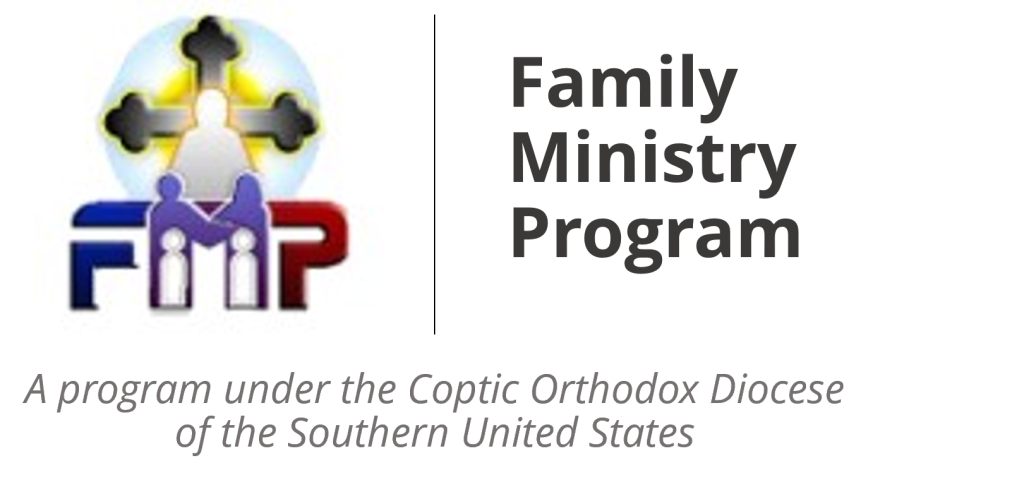Course Description:
This course will allow students to learn and practice counseling techniques, which would make of them better helpers.
Course Objective:
Upon completion of this course, students will be more comfortable with counseling others in both, a personal and a social capacity. Students will learn and practice the purpose of using empathy, silence, questioning, reflecting and paraphrasing to help with their counseling work. Other techniques will also be taught and modeled.
Required Text:
- The Helping Relationship (Process and Skills) Lawrence M. Brammer
- The Art of Helping (Lauren Littauer Briggs)
- Additional Reading Material: The Bible; Verses related to Christian counseling will be assigned and practiced. Additional articles assigned by Instructor. Case scenario’s related to all forms of addiction and mental health.
- Reading Assignments: Students to read 1 chapter each week as assigned.
Weekly practice sessions:
1) Students will practice skills for 30 minutes each week via phone.
- An important part of counseling and attaining these skills accurately is through a face to face and in person process. It is difficult to pick up on some cues over a phone conference when there are multiple people on the phone. It is also difficult to pick up on body language cues. My suggestion would be to cover this in the on-site portion of the class.
2) Students will alternate practice both being the helper and helpee as assigned.
3) Students will be assigned a practice partner for the semester
Final Exam:
Student will prepare a 30 minute practice session video with a partner. In this video, student must demonstrate these counseling skills:
1) Use of Empathy
- Explain how empathy should be accurate and genuine
- Explain the limits of self-disclosure
2) Reflective Statements
- Explain why this is helpful and when it would not be helpful
3) Use of Silence
- In my experience people are the most uncomfortable with this one because of the nature of how we interact in our lives outside of counseling
- Explain the crucial benefits of this and what to do if the silence gets too long. For example, I once saw a teen who wanted to be silent the entire session because she was forced to see me by her mother. This was her protest! What do you do in this case? Explain…
4) Use of Paraphrasing
- Explain the difference between this and reflective statements and how the benefit is also different.
5) Use of Interpretation
- Explain how this helps to clarify and to join with the client
6) Clarification and Leading questions.
7) I would also add how building rapport is important and necessary and ways to do this explaining that without rapport in the therapeutic relationship little else can be accomplished.
8) Also one of your required books above is about process. Explain thoroughly the difference between process and outcome and why both are essential for growth in the client
9) I would discuss things like cognitive dissonance, transference, countertransference and how these may be useful to recognize
10) Also important to discuss that once you have the techniques down it is not enough to just use them. You need to use evidence-based treatments to deal with the issues at hand. While the specifics of this may be beyond the scope of this class students should be made aware of this as well so as not to just “dispense advice” that may seem good without any real research to back it up.
11) Also explain how some of these skills build upon others…
-Practice Partner will rate the Helper based on the above skills. (Written Assessment) I would assign the students videos of people doing these methods accurately and correctly so they see examples before they do the examples.
- -Instructor will grade video session and give feedback to students.
- -Helper will describe their session experience and identify their strong skills while also addressing skills they need to work more on. (Written Assessment)
Course Requirement:
- Weekly Practice Sessions: 40% of Grade
- Final Exam/Written Assessment: 60%
- Students must be present for all practice sessions, on site teaching and Have Final Exam on due date.
Extra Credit: available on a case by case basis
Good luck! This has always been one of favorite classes! I have enjoyed teaching it so much to university Master’s level students and enjoyed it also when I took it in graduate school! Enjoy!
